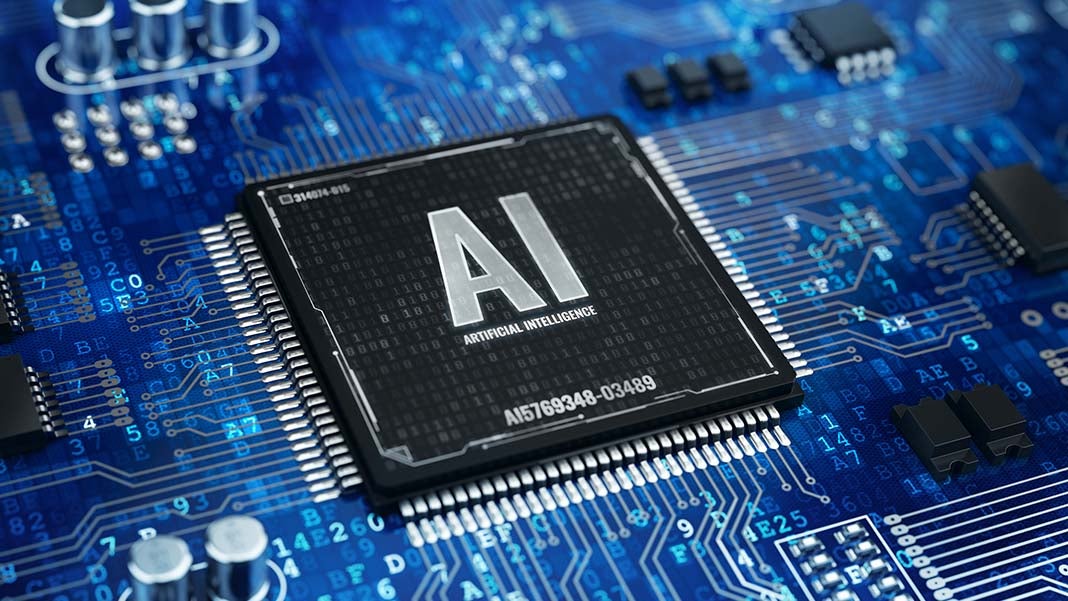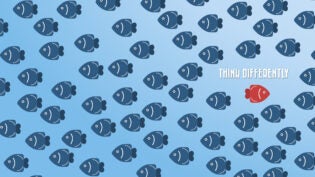
Artificial Intelligence has been moving into the workspace for some time now, and the shift to automation is expected to increase as time goes on. By 2033, almost half of U.S. jobs will be at risk of being automated. The major car manufacturers, shippers, and even journalism and healthcare work opportunities are being automated and performing the work of humans more and more. This all begs the question―where does this leave the small business?
Automation will force workers to look for income elsewhere. Many economists and politicians, including former Secretary of Labor Robert Reich and entrepreneur and 2020 presidential candidate Andrew Yang, are pushing for the adoption of universal basic income. This would put a heavy tax on corporate revenue and redistribute it back to the people, while also boosting the economy and narrowing the wealth gap. With this income plan, many citizens will have free time to devote to creative pursuits, while also contributing to innovation. Canada is currently testing universal basic income, and the city of Stockton, California is launching the first ever UBI initiative in the U.S this year.
Whether UBI is adopted or not, the small business and gig economy will become a great avenue for workers who no longer can or have to work for larger corporations. Since 2010, freelance and temporary employment have increased by 50%. Uber, Postmates, and similar temporary help services have become an important secondary and even primary income channel for many. Artists and writers can get quick work through sites like Upwork that can often pay handsomely.
These 21st century opportunities, as well as the small business world, are nice options for some. However, many people make enough or would make enough with UBI to not have to work.
Why would people work if they didn’t have to? Well, to lots of people, work is more than getting a paycheck.
Many intrinsic drivers lead workers to the small business world or to starting their own business. These include people being interested in or passionate about the work, the opportunity to benefit society and help others, as well as forming close relationships with other employees. All of these are hallmarks of the small business environment, in which a company’s mission and impact is often much more tangible and relatable to the worker than a large corporation, especially once employees are replaced with robots.
Learn more about life after AI with the infographic below, provided by OnlineSchoolsCenter.com.

Source: Online Schools Center












